News

More News
 24th December 2025
24th December 2025
Engineering Student Yongzhi Wins Aluminium Award Accolade
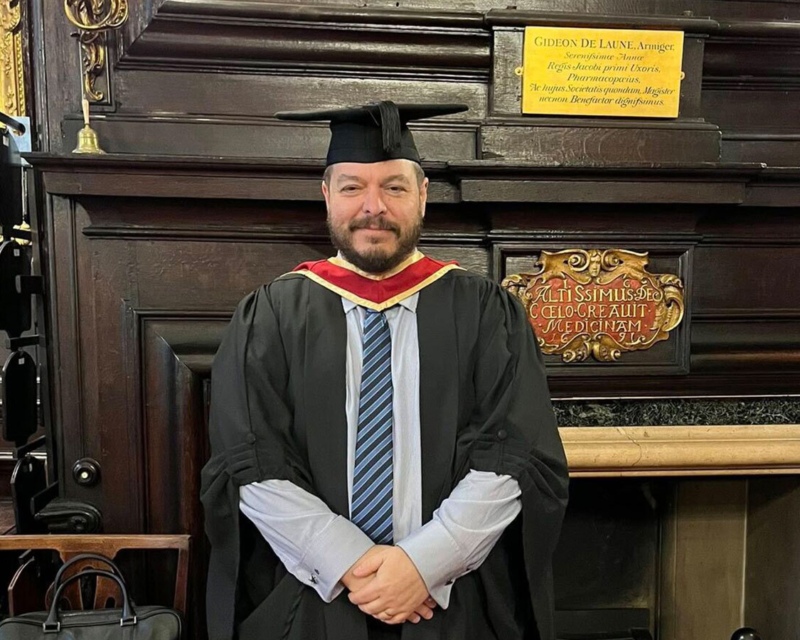 22nd December 2025
22nd December 2025
Head of Digital Awarded Associate Status by The Chartered Institution for Further Education
 18th December 2025
18th December 2025
Christmas in the Community
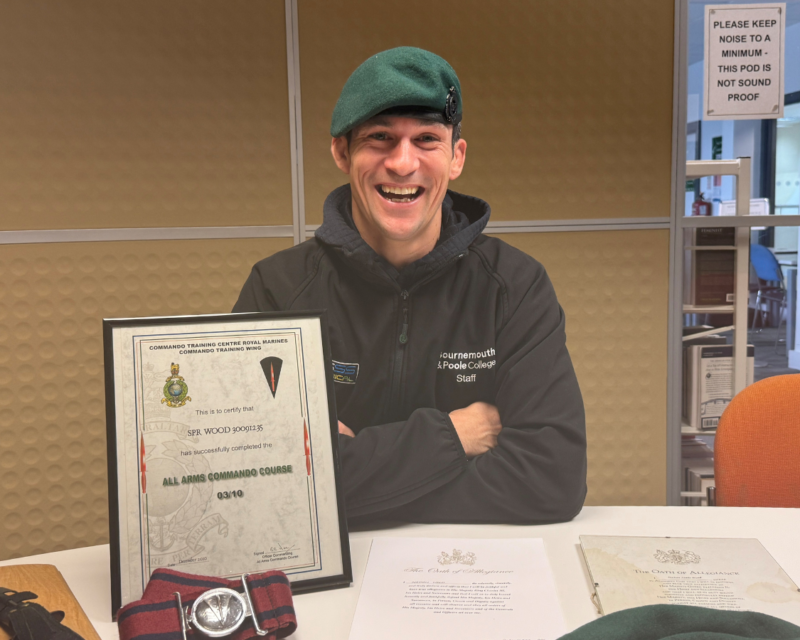 12th December 2025
12th December 2025
Assessor Joins the Army Reserves After Inspiration from College’s Armed Forces Covenant Signing
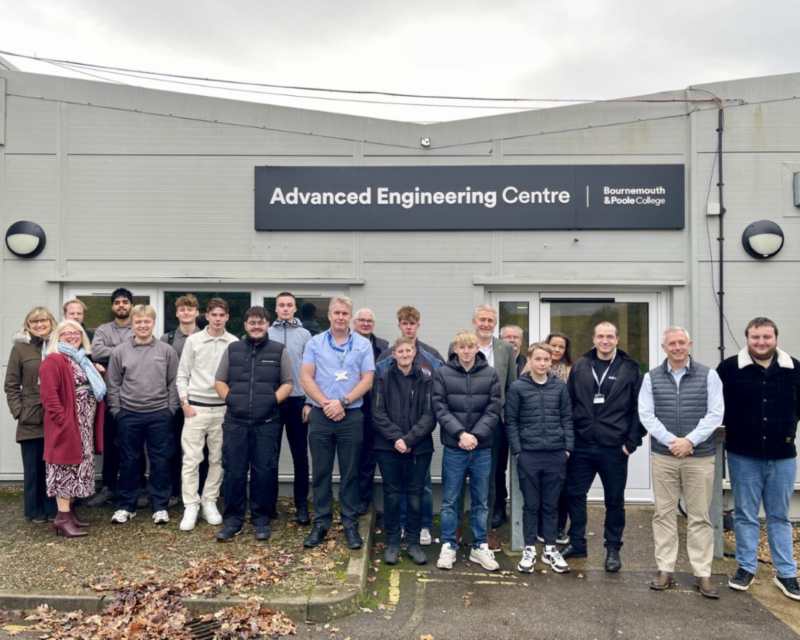 9th December 2025
9th December 2025
Front-Loaded LEAN Apprenticeship Awards and Presentations
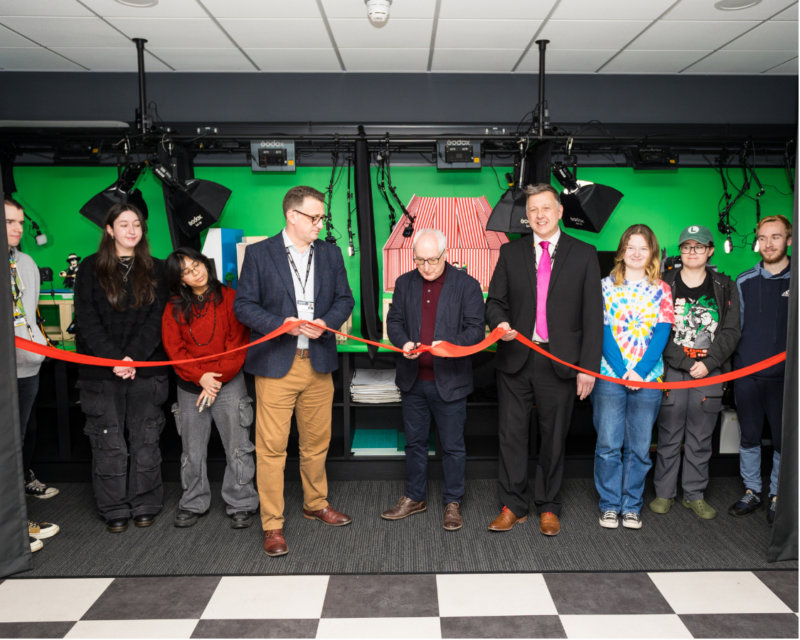 5th December 2025
5th December 2025
College Launches Higher Education Animation Suite to Train the Next Generation of Creative Talent
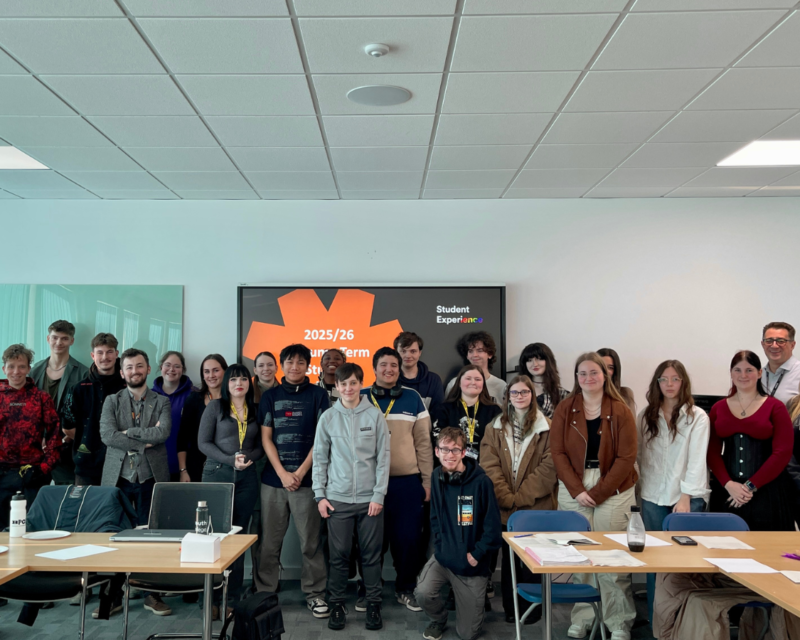 5th December 2025
5th December 2025
Student Parliament 2025-26: National Insights, Local Action
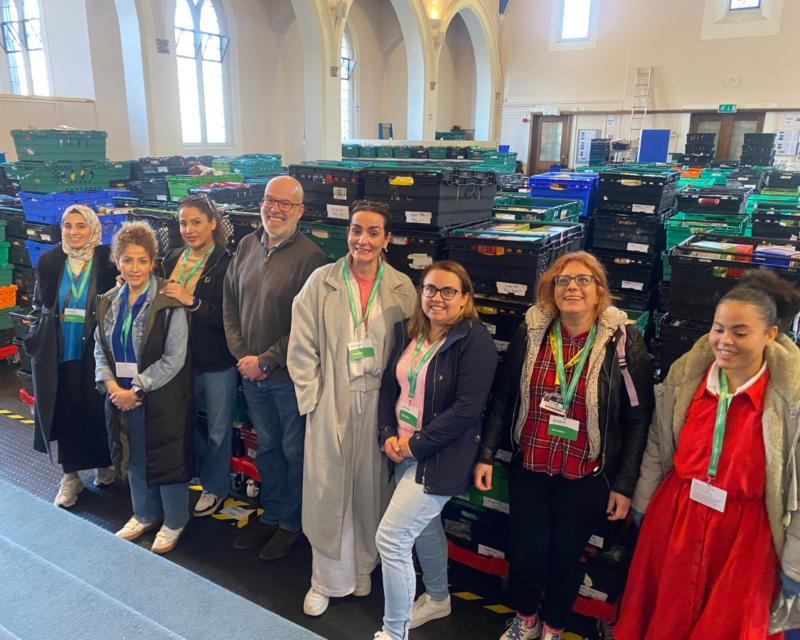 4th December 2025
4th December 2025
ESOL Students Become “Warehouse Warriors” in Local Foodbank Effort
 4th December 2025
4th December 2025
